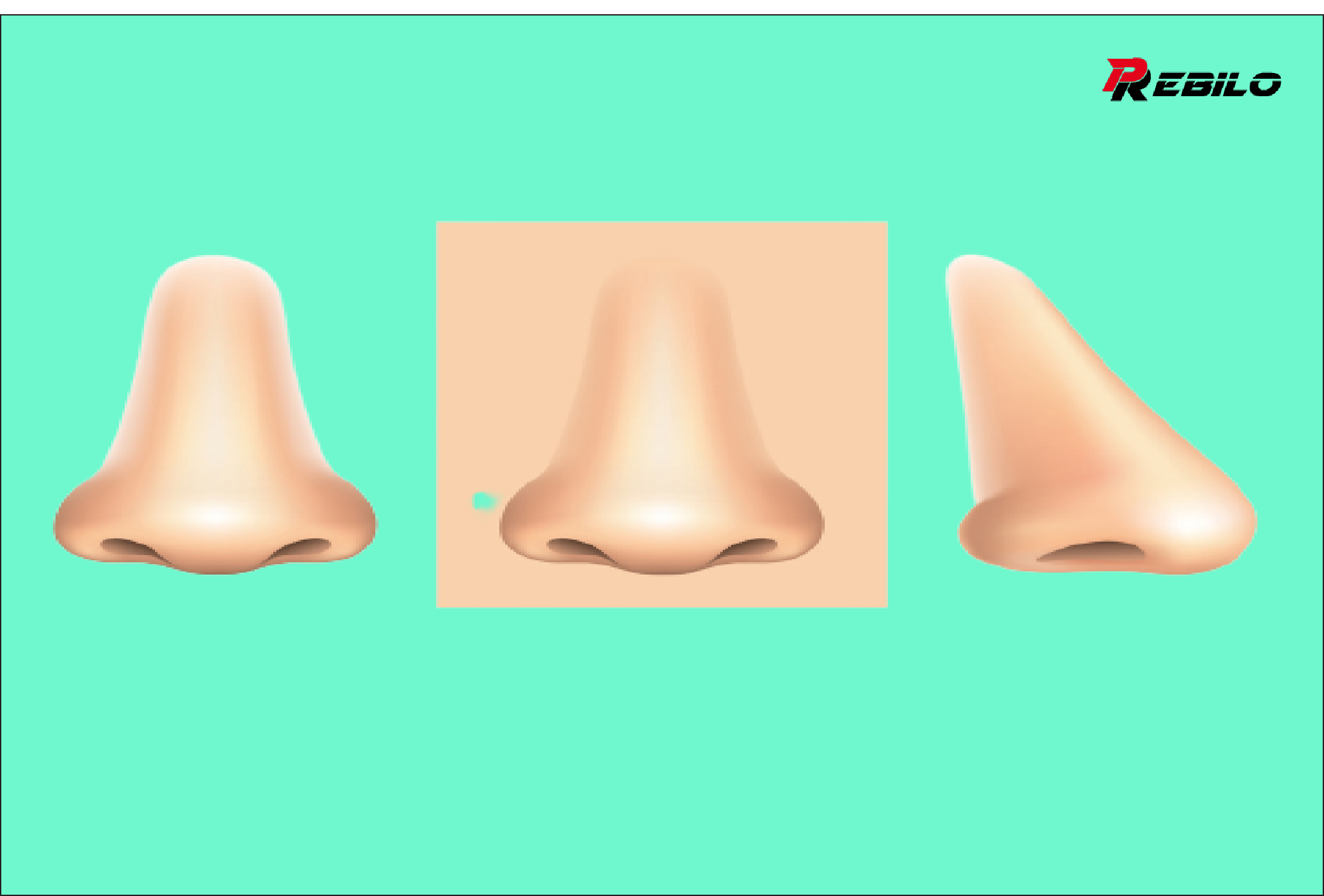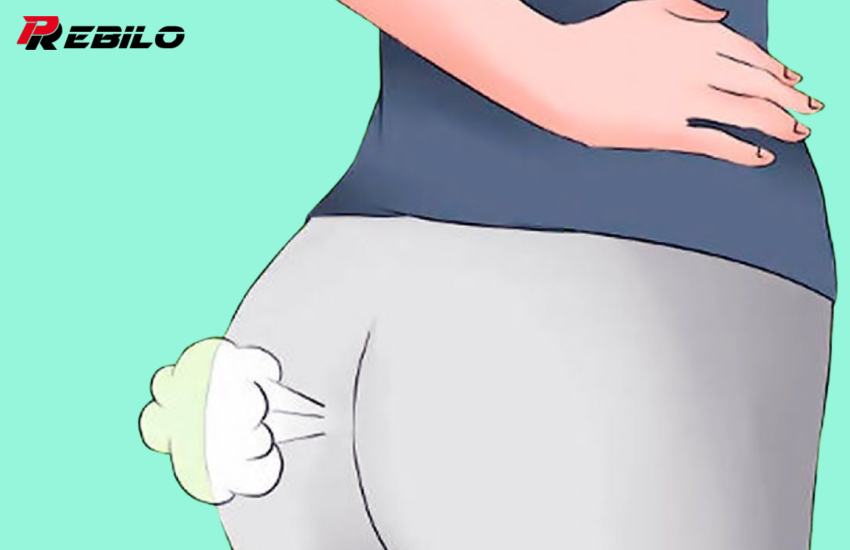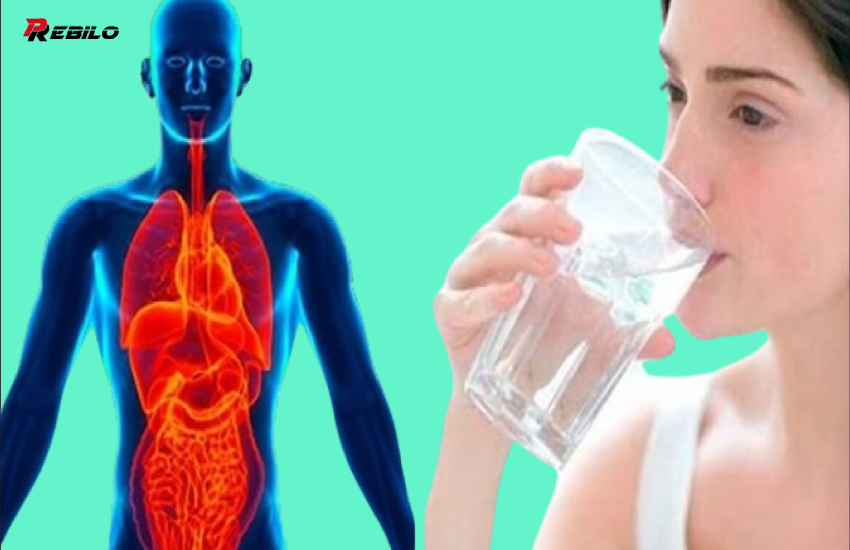Your nose is the first indicator if you are nearing death
The idea that the nose is the first indicator that someone is approaching death is not medically or scientifically accurate. While it is true that various changes can occur in the body as it approaches the end of life, to focus solely on the nose as a primary indicator of impending death is an oversimplification.
When a person is nearing death, there can be many physical, physiological, and clinical signs that health care professionals use to assess the patient’s condition. Some of these signs include:
Changes in vital signs: Blood pressure, heart rate, and breathing rate can become erratic and unstable when the body’s systems start to stop working.
Altered mental status: Patients may experience confusion, restlessness, or changes in consciousness.
Respiratory changes: Breathing patterns can change, often becoming irregular, shallow, or labored.
Cool and mottled skin: The skin may become colder to the touch due to decreased circulation, and mottled (a macular appearance) can occur when blood flow becomes uneven.
Decreased urine production: The kidneys may produce less urine as they begin to fail.
Decreased appetite and thirst: The body’s metabolic requirements decrease, resulting in a decreased desire for food and fluid intake.
Fatigue and weakness: Patients may become increasingly tired and weak as their energy levels drop.
Pain management: Pain, if any, must be managed effectively to ensure patient comfort.
It is important to note that the signs and symptoms leading to death can vary widely depending on the individual’s medical condition, underlying disease, and other factors. In addition, the role of healthcare professionals in end-of-life care is to provide supportive and palliative care to ensure patient comfort and dignity during this phase.
Rather than focusing on a single part of the body such as the nose, a holistic approach is necessary to understand the systemic changes that occur in the body as death approaches. Health care providers, including doctors, nurses and nursing home specialists, are trained to recognize these signs and provide appropriate care and support to both the patient and their loved ones during this difficult time.


